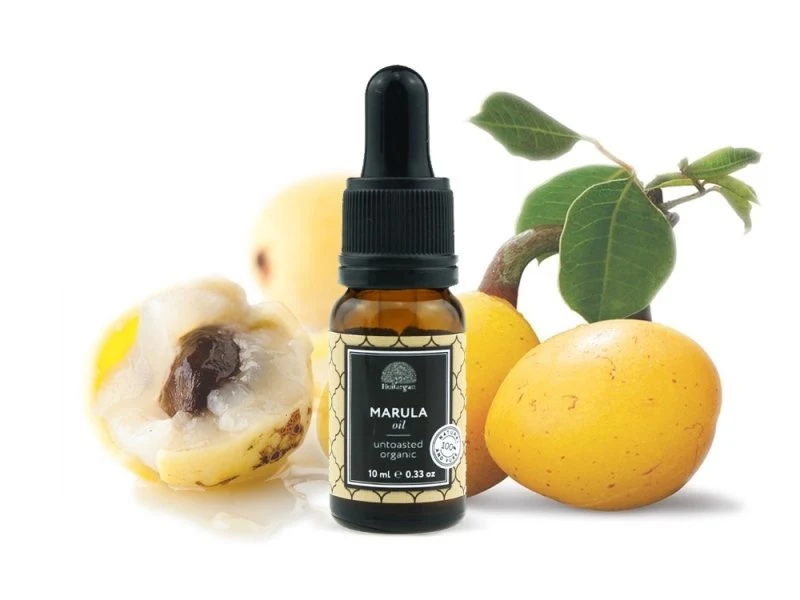Marula oil has become a popular ingredient in cosmetic products thanks to its anti-aging properties. Indigenous Namibian fatty oils, includi...
 |
| Marula oil has become a popular ingredient in cosmetic products thanks to its anti-aging properties. |
The Beauty of Namibia's Flora
 |
| Ngongo Oil was founded by Mr. Muronga Isdor, the co-founder and CEO of Undera Investment Group. |
Muetudhana asserted that the goal is to support Namibian MSMEs in accessing European markets and creating sustainable employment opportunities. “Ultimately, we would like to see you selling your products in major markets across Europe, creating sustainable employment opportunities for Namibians,” she said.
 |
| Namibian women freshening Marula wines. |
Additionally, Muetudhana noted that the global cosmetics market was valued at US$374.18 billion in 2023 and is projected to grow to US$758.05 billion by 2032. This growth is propelled by rising consciousness about personal appearance and well-being. The 'Namibia Fatty Oils Guide for MSMEs' serves as a comprehensive resource for entrepreneurs seeking to export to Europe and beyond.
It aims to share knowledge and strategies that could elevate Namibian cosmetics exports. Overall, the NIPDB is committed to fostering MSME growth and promoting Namibian fatty oils on a global scale. Here are notable Namibian fatty oils that have found a niche in Europe:
- Marula Oil: Extracted from the kernels of the fruit of the marula tree (Sclerocarya birrea), this oil is known for its antioxidant properties. It's often used in hair care and skin care products to promote moisture and combat signs of aging.
- Ngongo Oil: Sourced from the Ngongo tree, known scientifically as (Schinziophyton rautanenii), this oil is valued for its protective and hydrating qualities. It has a high linoleic acid content, which makes it beneficial for sensitive skin. Read more about Ngongo oil, in a separate post.
Namibian Fatty Oils Demands
Europe's interest in Namibian fatty oils can be attributed to several factors:
- Natural and Organic Trends: European consumers increasingly prefer natural and organic products. Namibian oils fit this trend due to their plant-based origins and minimal processing.
- Sustainability and Fair Trade: Many Namibian oil producers follow sustainable practices and are involved in fair trade agreements. This aligns with European values of environmental consciousness and ethical sourcing.
- Unique Benefits: The unique properties of Namibian oils offer specific benefits for cosmetics and personal care products. European manufacturers seek to diversify their product lines with these exotic ingredients.
Europe Embracing Namibian Fatty Oils
Several European countries have become significant markets for Namibian fatty oils. Here's a list of these countries:
- Germany: Known for its robust cosmetics industry, Germany has embraced Namibian oils for their unique properties and sustainable sourcing.
- France: A hub for luxury cosmetics and skincare products, France has incorporated Namibian oils into premium products.
- United Kingdom: The UK market, with its diverse consumer base, has shown interest in Namibian oils for both cosmetics and health products.
- Netherlands: Known for its progressive approach to sustainability, the Netherlands has welcomed Namibian oils into its eco-friendly product lines.
- Italy: With its focus on high-quality cosmetics and skincare, Italy has seen a rise in the use of Namibian oils in premium brands.







